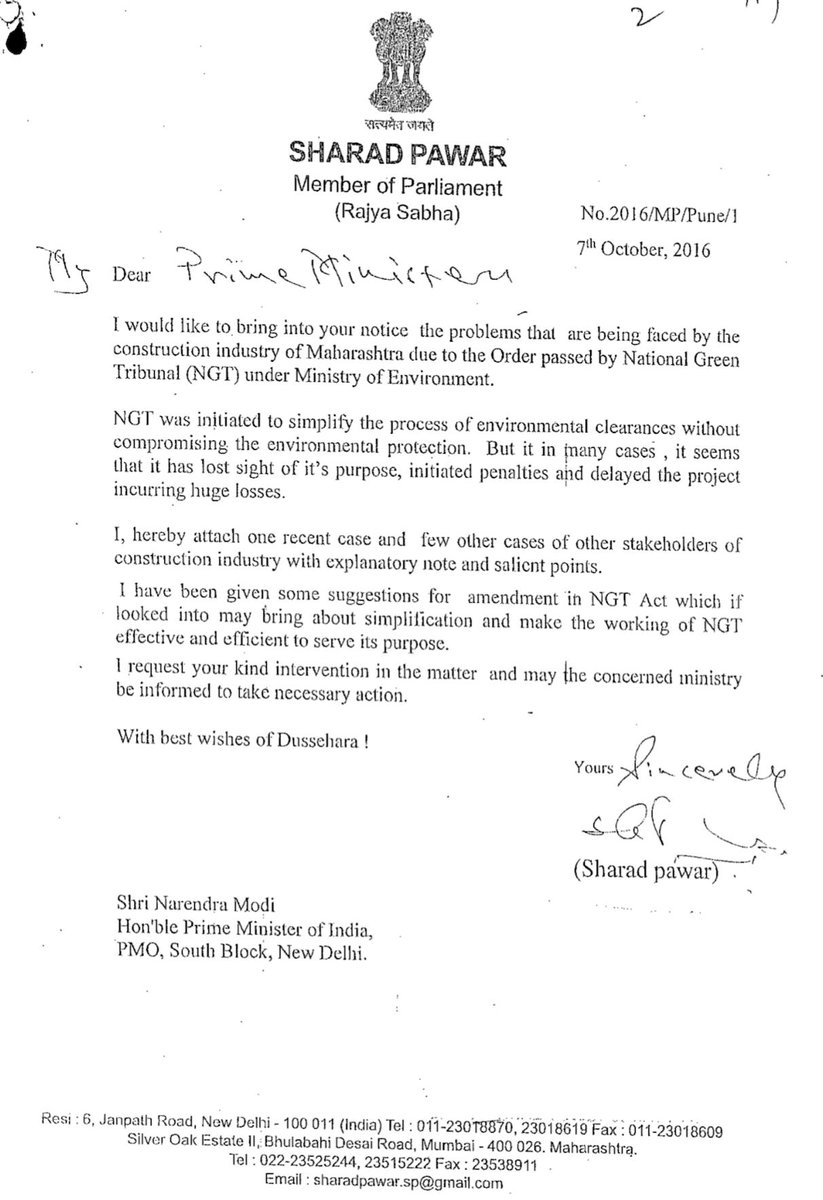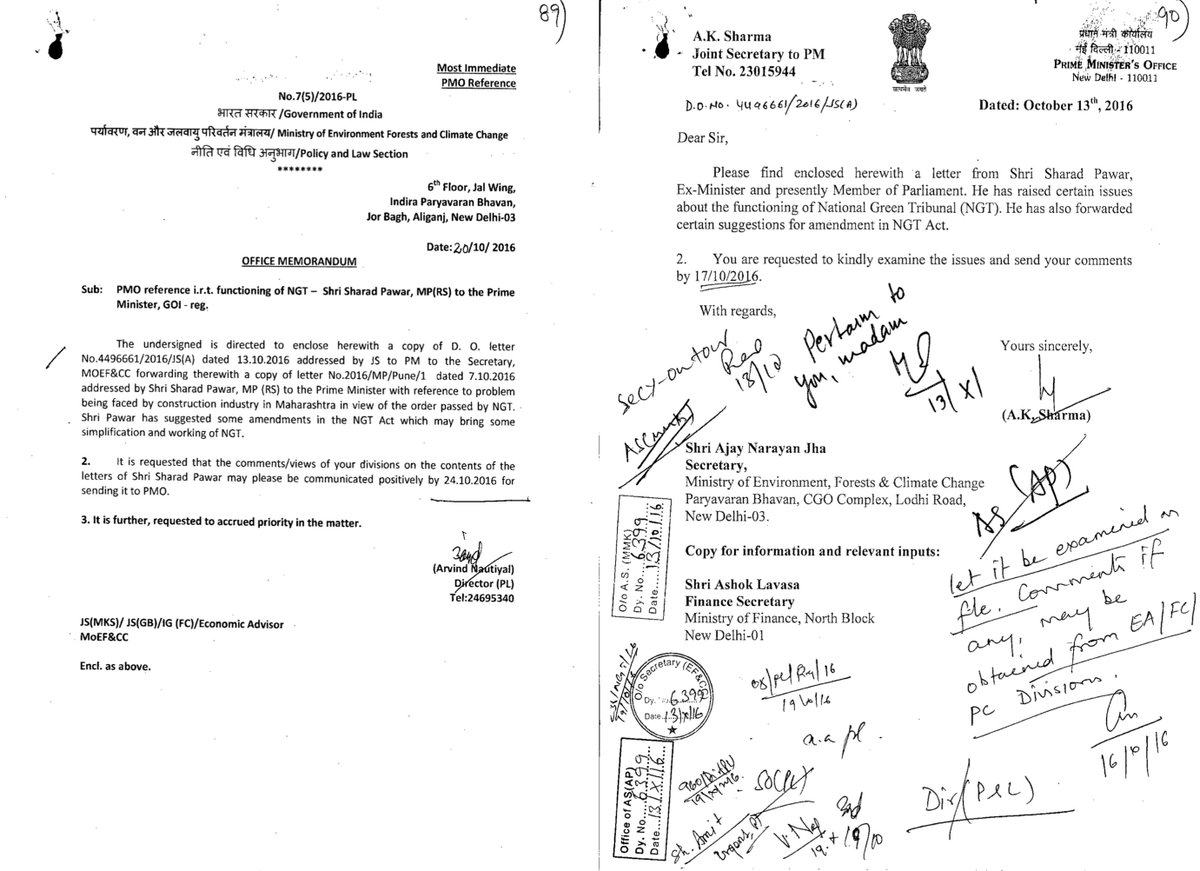So, let's start: how many letters are there in the alphabet?
>>>
Next, how do you pronounce the last syllable of the placename 'Cockenzie'?
>>>
>>>
>>>
Do you agree?
>>>
The Latin alphabet had 21 letters. It did not have 'j', 'u', 'w', 'x', 'y' or 'z'.
>>>
No. It's more complicated than that.
>>>
But, Icelandic also has no 'z'.
>>>
Cockenzie also has no 'z'.
"Oh yes it does," you may say. "I can see it."
Oh no it doesn't.
>>>
>>>
We know how to pronounce those words (well, maybe we've forgotten how to pronounce 'Shetland' and 'Cockenzie'). We know there's no 'z' sound in them.
>>>
Well, one answer - the answer I was taught - was that in the sixteenth and seventeenth centuries, printers in Scotland used to buy their type from foundries in England, and those English type foundries didn't produce 'ȝ'.
>>>
>>>
So, quick! Where would you look for a word starting with 'ȝ' in the dictionary? In the phonebook?
>>>
>>>
>>>
>>>
So, should a Scots alphabet include 'ð'? I simply don't know. And are there other candidates? I don't know that either.











